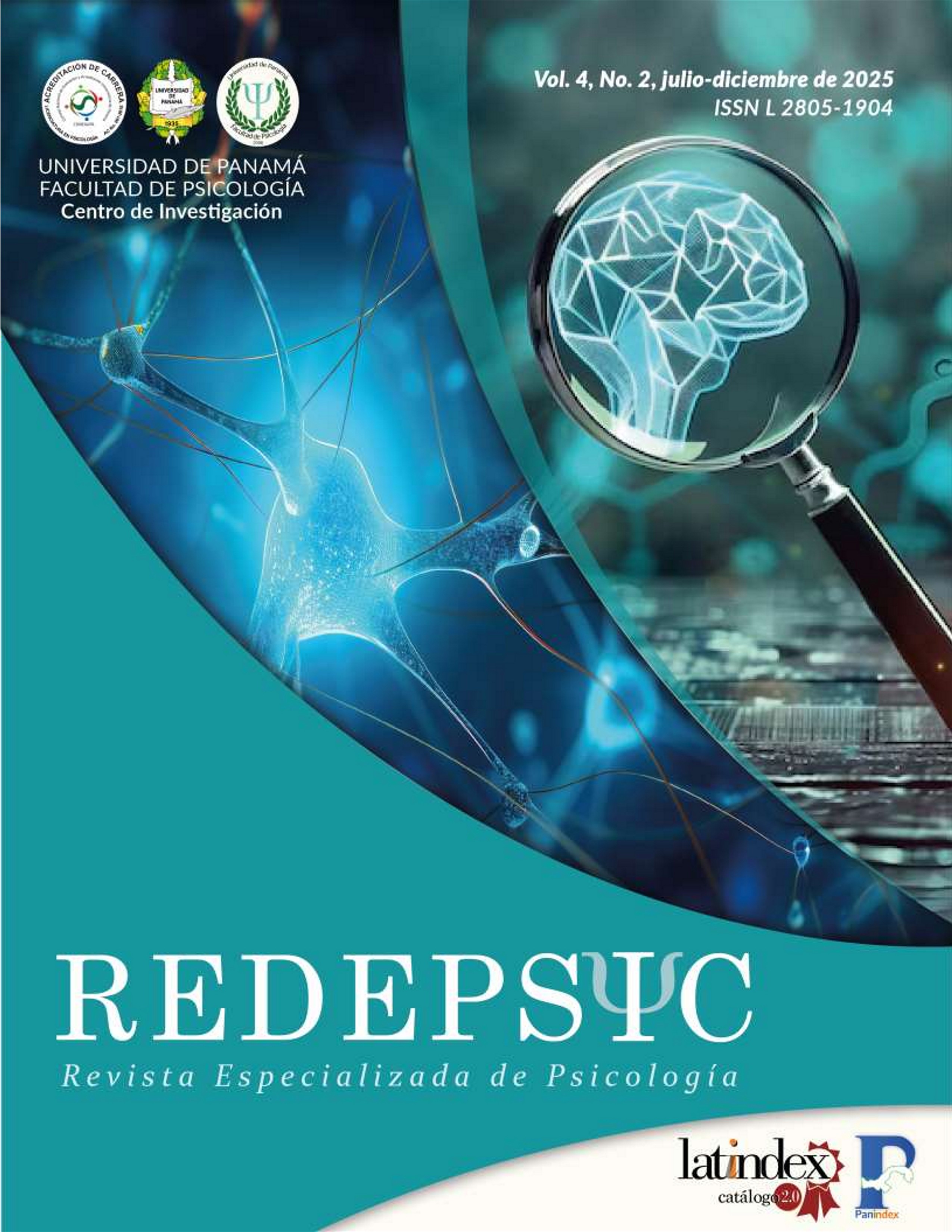

El desarrollo de habilidades cognitivas es un factor clave en el rendimiento académico, particularmente en disciplinas que requieren razonamiento lógico y espacial, como las matemáticas. Este estudio analiza la evolución de cinco habilidades cognitivas (general, verbal, numérica, espacial y perceptual) en estudiantes de primer año de la Licenciatura en Matemáticas en la Universidad de Panamá, utilizando la prueba GATB aplicada al inicio y final del primer semestre. Los resultados evidencian mejoras significativas en las habilidades generales, verbales, espaciales y perceptuales, mientras que la habilidad numérica, aunque correlacionada positivamente con el rendimiento en Cálculo Diferencial, no presentó avances estadísticamente significativos. Además, se identificó una fuerte relación entre la percepción espacial y el desempeño en Geometría Plana, lo que subraya su importancia en la formación matemática. Estos resultados evidencian la importancia de adoptar estrategias educativas que refuercen las habilidades cognitivas desde los primeros semestres universitarios, con énfasis en el desarrollo numérico. Se recomienda la adopción de enfoques didácticos que integren métodos visuales y manipulativos, herramientas digitales interactivas y estrategias de resolución de problemas para optimizar el aprendizaje de matemáticas. Este estudio aporta evidencia empírica sobre el impacto de las habilidades cognitivas en el éxito académico y sugiere la necesidad de intervenciones pedagógicas específicas para mejorar la retención y el desempeño en carreras con un alto componente matemático.